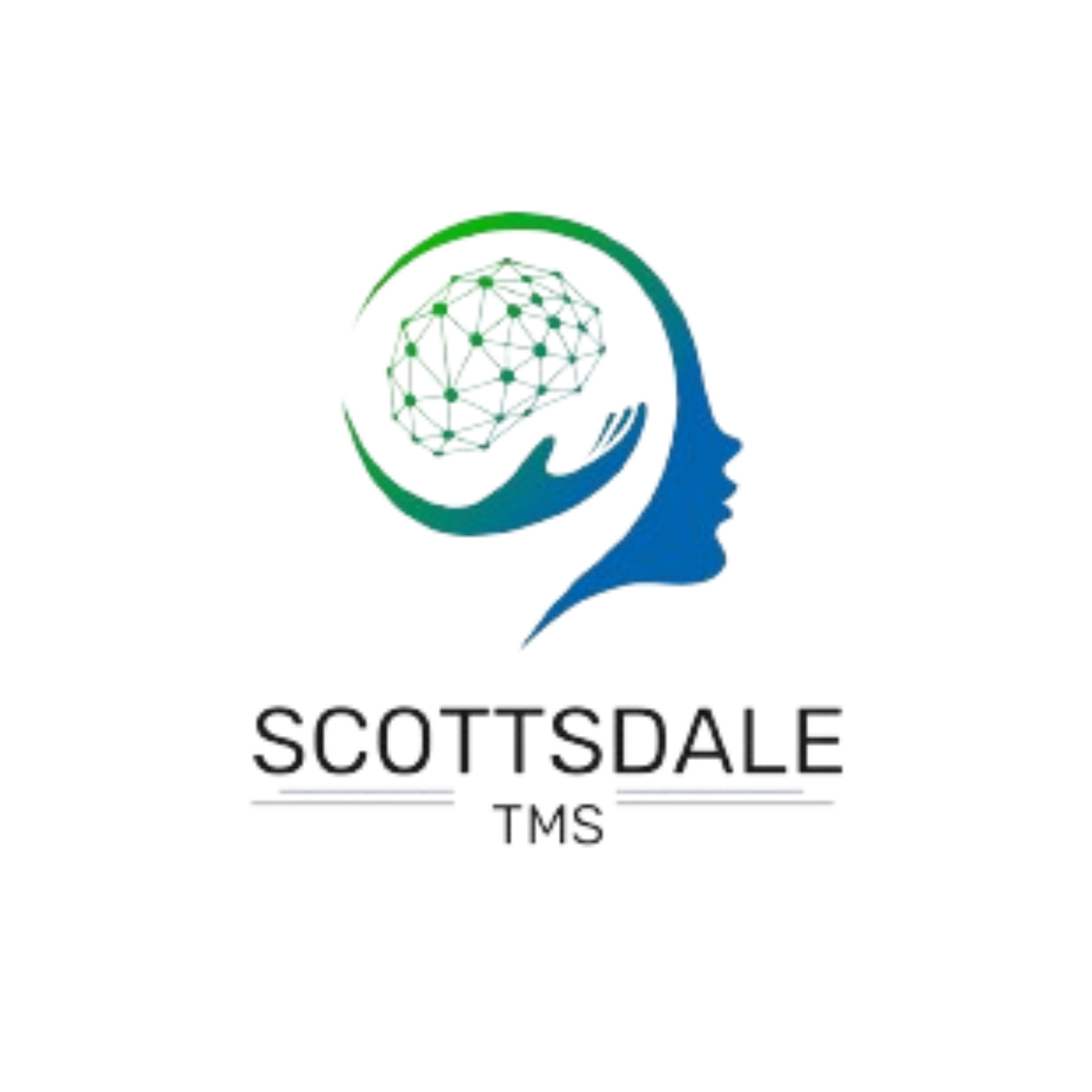TMS Therapy vs. Medication
When it comes to treating depression, many people seek options beyond traditional medications. Transcranial Magnetic Stimulation (TMS) therapy is one alternative that has gained popularity, especially for those dealing with treatment-resistant depression. But how does TMS compare to taking antidepressant medications?
In this article, we’ll compare TMS treatments with antidepressant medication. We’ll explore the pros and cons, side effects, and the effectiveness of both treatments to help you make an informed decision.
Questions Answered in This Article:
Our Treatment Centers

Scottsdale Rehab
Luxury Personalized Rehab

Hart Rehab
Holistic Luxury Personalized Rehab

Scottsdale Detox
Luxury Medical Detox
TMS Therapy Explained
TMS therapy uses magnetic pulses to stimulate specific areas of the brain that control mood. These areas are often underactive in people with symptoms of depression.
During the treatment, a device is placed on the scalp, which sends painless magnetic waves into the brain. The magnetic field created by TMS helps restore normal brain function. Unlike medication, TMS is non-invasive and does not involve chemicals.
People typically undergo TMS treatments five days a week for several weeks. A session usually lasts 30 to 40 minutes. Many people find relief from depression after completing a TMS treatment plan, especially those who have experienced treatment resistance with medication.
How Do Antidepressants Work?
Antidepressant medication is often the first line of defense when treating depression. These medications work by affecting the levels of certain chemicals in the brain, called neurotransmitters.
The most common types of antidepressants are Selective Serotonin Reuptake Inhibitors (SSRIs). SSRIs help increase serotonin levels, a chemical responsible for regulating mood.
Other types of antidepressants include SNRIs, tricyclic antidepressants, and MAOIs. These medications target different brain chemicals but have similar goals: to improve mood and reduce symptoms of depression.
Side Effects of TMS Therapy and Antidepressants
One of the benefits of TMS therapy is the minimal side effects compared to medication. The most common side effect is scalp discomfort during or after treatment. This can feel like a mild headache or tingling but typically subsides after the session.
On the other hand, common side effects of antidepressant medications may include:
- Weight gain
- Fatigue
- Headaches
- Increased heart rate or blood pressure
- Nausea
- Sexual dysfunction
- Dry mouth
Who Should Consider TMS Therapy?
TMS therapy is suitable for patients with treatment-resistant depression who haven’t responded to two or more types of antidepressants. Those who are looking for non-invasive treatment options may find TMS appealing. However, TMS requires a significant time commitment since treatment involves multiple sessions each week.
People with certain medical conditions, like a history of seizures, should consult their doctor before considering TMS. Since TMS uses a magnetic field, it’s also not recommended for those with metal implants in or near the head.
Pros and Cons of TMS Therapy
Pros:
- Non-invasive: No need for surgery or anesthesia.
- Minimal side effects: Most people only experience mild scalp discomfort.
- Effective for treatment-resistant depression: Offers relief when medications fail.
Cons:
- Time commitment: Patients must attend sessions five days a week for several weeks.
- Cost: TMS can be expensive, though some insurance plans cover it.
Who Should Consider Antidepressants?
Antidepressant medication is often the first treatment recommended for depression. If you have mild to moderate depression, SSRIs and other types of antidepressants can be a good option. Antidepressants work best when combined with therapy, such as cognitive behavioral therapy (CBT).
Those with depression related to anxiety or other mental health conditions may also benefit from medication. However, if side effects like weight gain or sexual dysfunction are concerning, or if symptoms of depression persist after trying different medications, alternatives like TMS may be better.
Pros and Cons of Antidepressant Medication
Pros:
- Widely accessible: Medications are easy to obtain and use.
- Effective for many: SSRIs and other types of antidepressants work well for a majority of people with depression.
Cons:
- Side effects: Weight gain, fatigue, and sexual dysfunction are common.
- Trial and error: Finding the right medication can take time.
- Long-term use: Some people may need to take medication indefinitely.
Which Treatment is Right for You?
Choosing between TMS therapy and antidepressants depends on your individual needs, treatment history, and how well you respond to each option. Here’s a quick summary to help you decide:
- TMS therapy might be a better option if you have treatment-resistant depression, can’t tolerate medication side effects, or prefer a non-invasive approach.
- Antidepressants are ideal for those with mild to moderate depression who prefer the convenience of taking medication at home.
Both treatments have their pros and cons, and what works best will vary from person to person. Success rates for each option can depend on factors like the severity of your depression, how long you’ve had symptoms, and whether you have other underlying conditions.
For some individuals, combining both treatments—using antidepressants alongside TMS treatments—may provide the best results. Talk to your doctor about your symptoms, treatment resistance, and other concerns to determine the best approach.

